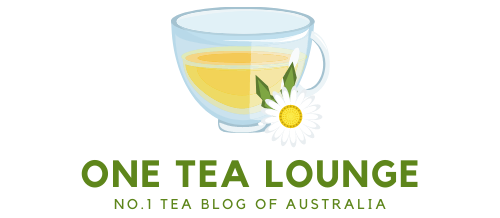The Australian Government’s National Disability Insurance Scheme (NDIS) offers benefits to persons with disabilities who are unable be employed. The scheme was developed in reaction to the the UK Social Security and Disability laws. It was also created to supplement the work-based disability programs offered in Australia. Additionally, they are guaranteed income due to the scheme’s rules. The scope of this article is to cover the various types of disability insurance, as well as the qualifications criteria, as well as other pertinent considerations that one must take note of prior to applying for this scheme.
As per the disability insurance scheme of the nation’s regulations, there exist three main classes of disability. “Severe disabilities” are conditions that are caused by performance of prescribed work. These disabilities are further classed as’mild’. It is crucial that authorities can quickly recognize and address the individual’s needs. If the specific needs of an individual aren’t appropriately identified, he or she could end up suffering in a manner that is unsatisfactory, without appropriate accessibility to medical and other resources that may ease the suffering of that person.
The national disability insurance scheme is managed by the Department of Social Services (DSS) that is run through the South Australia Department of Health. Consider first the amount of disability that a person is entitled to. This is calculated by undertaking an examination of the medical condition, and using certain criteria set forth by the government. When an eligibility determination has been reached, applicants are able to apply to either a Disability Tax Credit number or the Benefit Registration Number.
The national disability insurance scheme can also allow companies to take part in training and development programs for disabled employees. To be eligible for the Disability Discrimination Office, businesses have to register. By registering, business owners are assured that they adhere to all rules and conditions. The purpose of this is to sure that the policy is applied throughout the work place. Anyone who is unable to earn their living can receive benefits under the National Disability Insurance Scheme.
The Disability Discrimination Act protects people handicapped from discrimination against in the workplace. Specific provisions in this Act include provisions for establishing reasonable accommodations for disabled people as well as providing help with expert guidance, as well as the distribution of benefits. The Scheme aids in filling gaps in the payment of income support as well as disability tax that is a result of income through employment and the benefits an employee is entitled to. In addition, it provides an opportunity to pay for essential cost incurred as a result of disabilities and helps to ensure self-sufficiency the case of a handicap.
The scheme provides funds for those who need the assistance of a long-term caregiver and with activities of daily living. This includes services such as assistance with cleaning, cooking bathing, transport, and other needs. Mental health is also included in the program. This guarantees the accessibility of all the equipment and facilities required for medical care. These services are funded by paid by the employer and recognized institutions, such as nursing homes and hospitals for the benefit of employers.
Eligibility for the scheme depends upon the age of the applicant and also upon the disability supports that he or she may require. Based on the time since the date of application, the applicant’s age is assessed. For the disabled persons who do not require any additional support for daily living or require help in daily activities, funding can be obtained through support for disabled people made specifically to cater for the specific requirements of disabled people. These supports can consist of furniture, devices and other equipment which can be bought through the scheme.
It is the Federal government has provided grants specifically to the states of New South Wales and Victoria for the implementation of their respective plans. There are also other states offering funding to persons who are eligible in the scheme. Private employers or organizations provide this funding. Anyone who is granted the benefit can receive an income boost every month.





